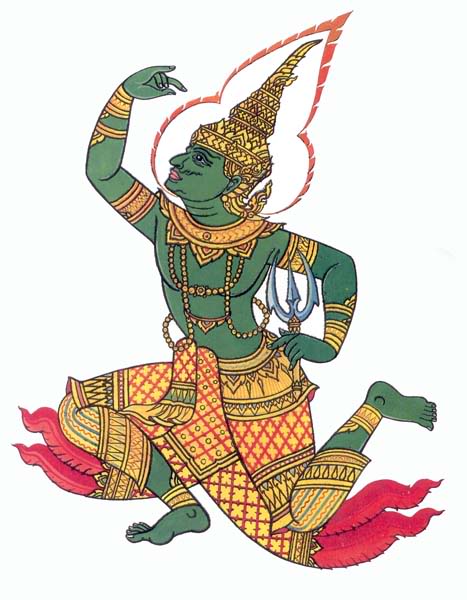holy
Explore the deeper meaning of Aarti in Hinduism and Sikhism, where true worship goes beyond rituals and embraces the beauty of nature and truth.
Explore the profound concept of Aatma and its connection to Paramaatma, God, and the transcendental self in Sikh and Hindu philosophies.
Explore the distinctive and largely unknown Sikh architectural style, with its rich history in gurdwaras, forts, and palaces, by S.S. Bhatti.
Discover the captivating history and architecture of Samman Burj, the octagonal Mughal marvel in Lahore Fort, known for its royal and administrative legacy.
Explore the profound concept of Aatma and its connection to Paramaatma, God, and the transcendental self in Sikh and Hindu philosophies.
Explore the deeper meaning of Aarti in Hinduism and Sikhism, where true worship goes beyond rituals and embraces the beauty of nature and truth.
Explore the profound concept of Aatma and its connection to Paramaatma, God, and the transcendental self in Sikh and Hindu philosophies.
Explore the deeper meaning of Aarti in Hinduism and Sikhism, where true worship goes beyond rituals and embraces the beauty of nature and truth.








